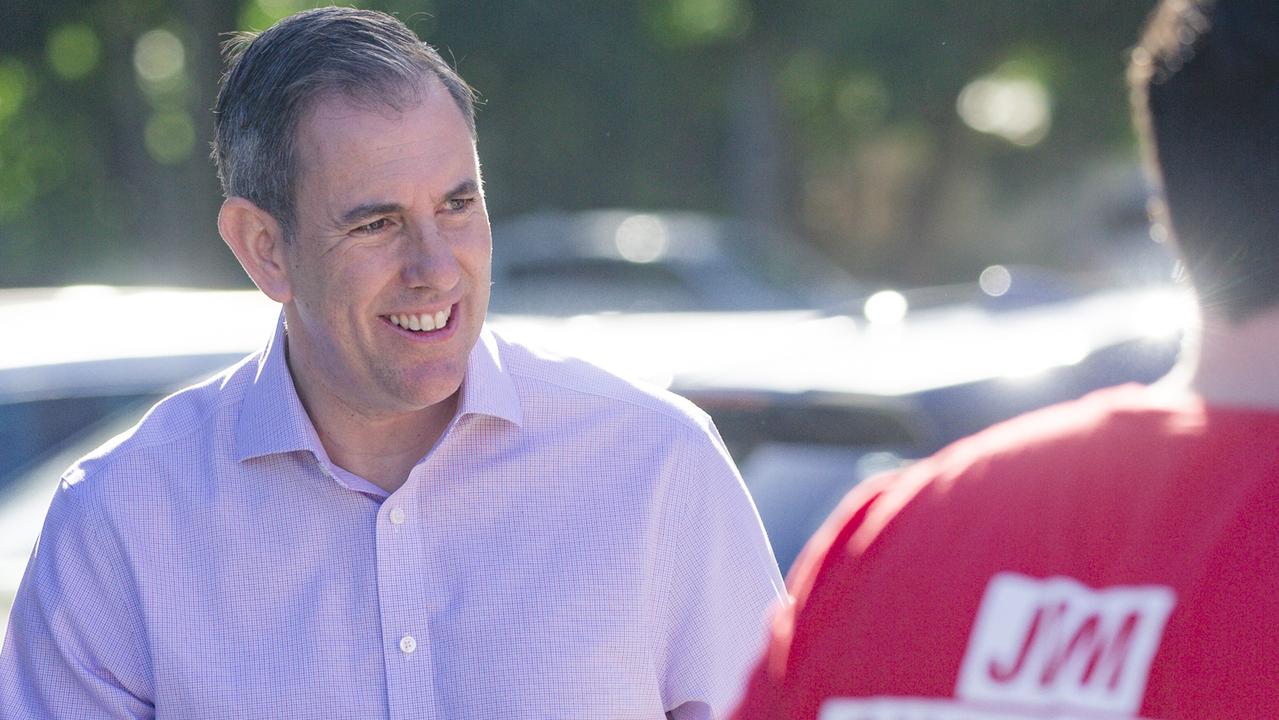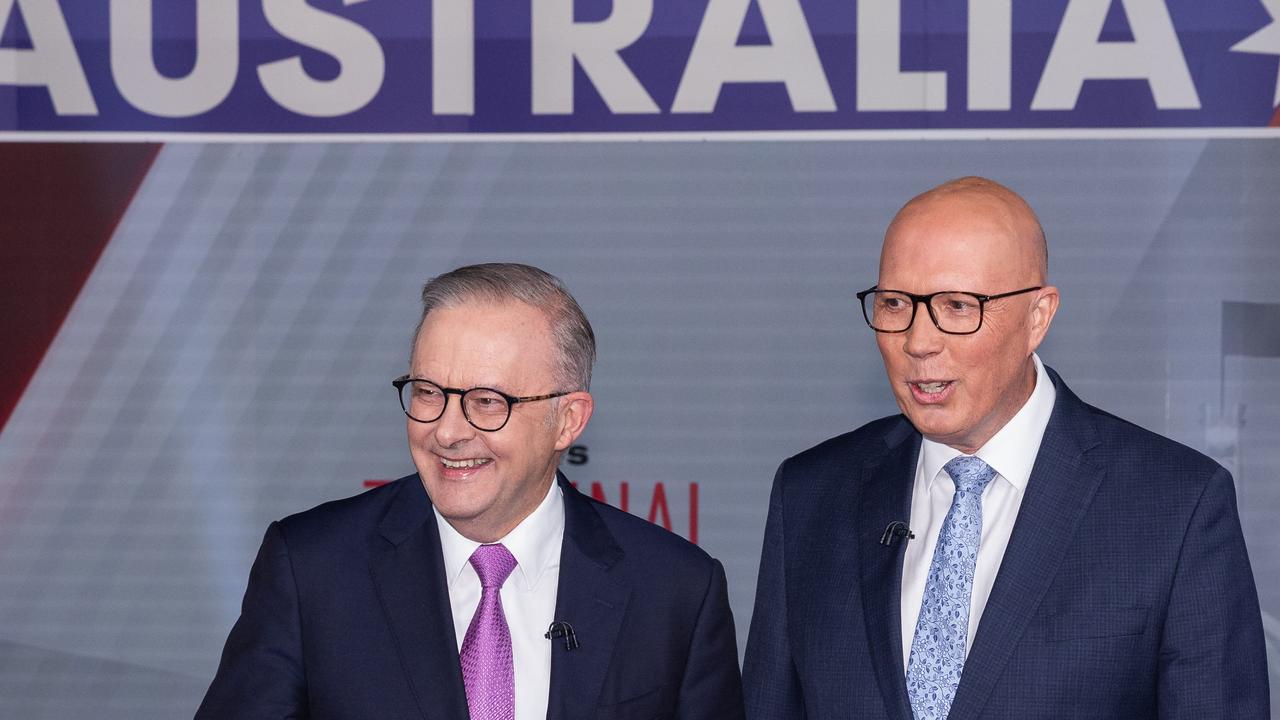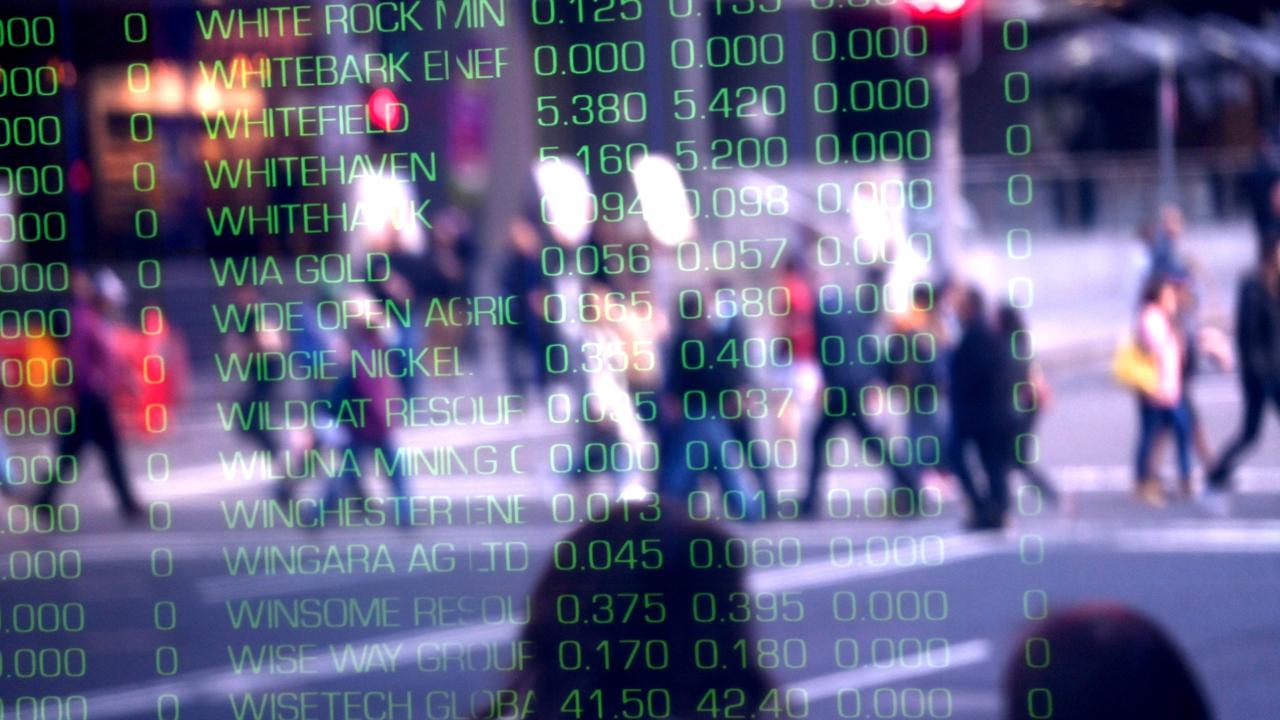Inflation tipped to hit 32-year high of 6.3 per cent in June quarter
Inflation figures set to be released this week are expected to show consumer prices rising at their fastest pace in more than three decades.
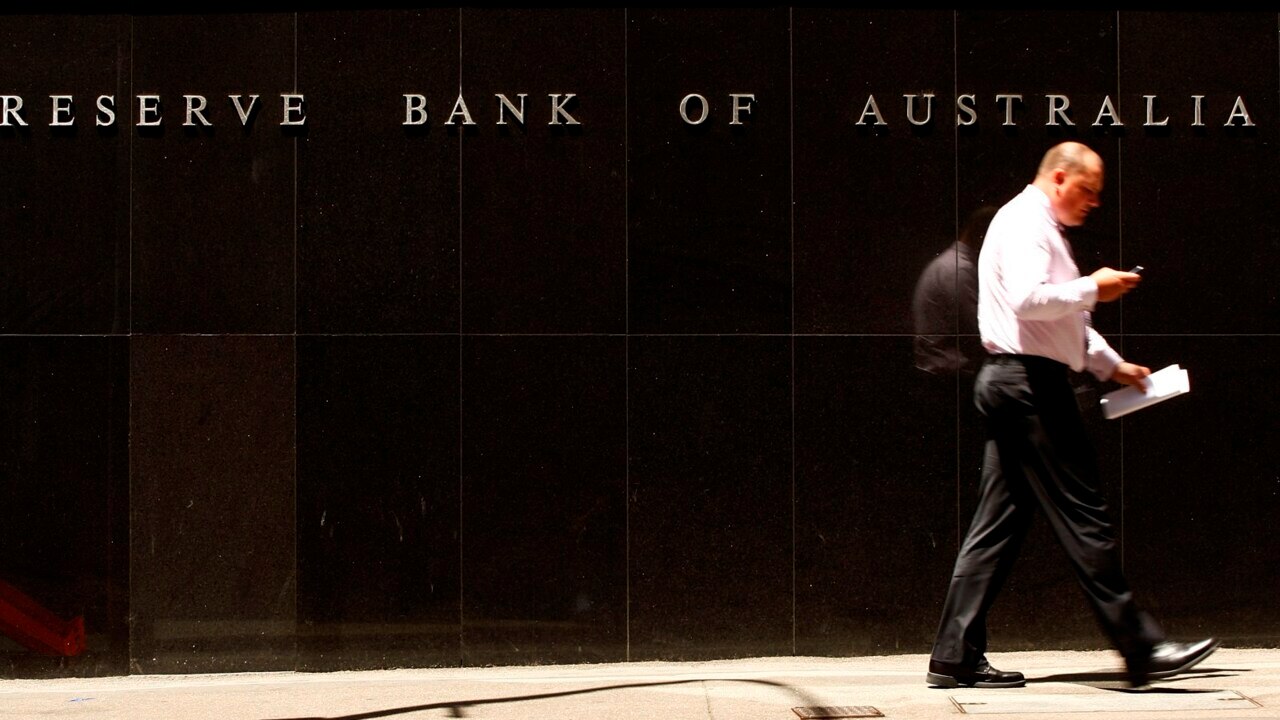
Inflation numbers set to be released this week are expected to show consumer prices rising at their fastest pace in more than three decades.
Economists are predicting the June quarter figures from the Australian Bureau of Statistics on Wednesday will show the Consumer Price Index rising by 1.9 per cent, bringing the annual inflation rate to a 32-year high of 6.3 per cent.
The Reserve Bank has warned inflation is likely to hit 7 per cent before the end of the year, with predictions of more interest rate hikes every month until Christmas after three back-to-back increases in May, June and July.
It comes as the new parliament begins its first sitting week, with spiralling costs of fuel, groceries and energy presenting the first major challenges for the Albanese Government.
The latest inflation numbers will provide a backdrop for Treasurer Jim Chalmers as he gives a “confronting” statement on the economy to parliament on Thursday.
Mr Chalmers warned last week that the gap between the cost of living and Australians’ take-home pay was set to widen even further, with wages growth of just 2.4 per cent far outstripped by the soaring inflation.
“We’ve had stagnant wages in this country for the best part of a decade. We’ve now got real wages going backwards substantially which is the worst combination of that wage stagnation and spiking inflation,” he said.
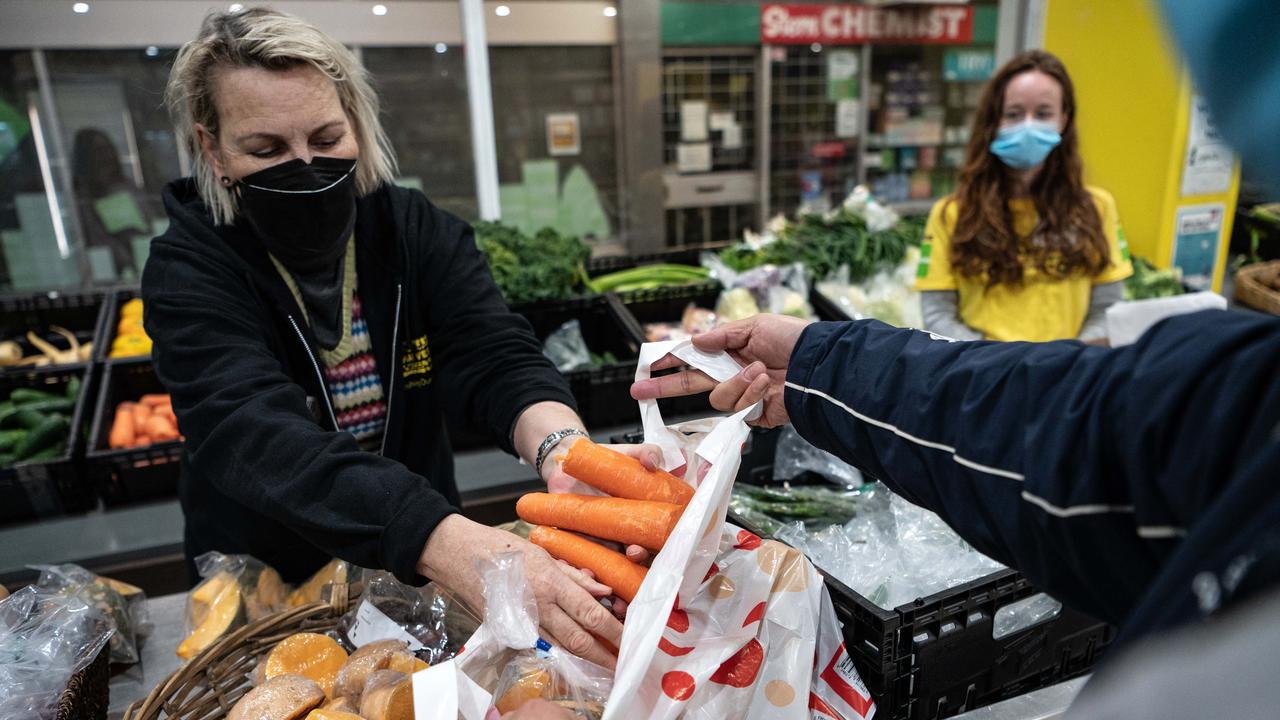
But the Treasurer again ruled out keeping the petrol excise cut past September, which has given motorists a 22 cent discount at the pump since the end of March.
Pressed about whether there would be new cost-of-living support measures in the October budget, he said the Government “will always try and do the right thing by people and where we responsibly can and affordably can do the right thing by people, to help them through a difficult period, of course, we would consider that”.
“But we take our fiscal constraints seriously,” he said.
“A trillion dollars in debt costing more and more to service means that we have to be upfront with people. We can’t do everything that we would like to do. We can’t even afford the good ideas that people put to us. And so we have to prioritise. And our priority is childcare and medicines.”
Making medicines cheaper was one of Anthony Albanese’s election promises.
On the campaign trail he vowed to reduce the cost of medication on the PBS by $12.50 making it cheaper for general patients. It would mean the maximum price for PBS medicines would be $30.
Mr Chalmers said increased childcare subsidies for families wouldn’t come into effect until next year but would be budgeted for in October.
On Wednesday, Mr Albanese conceded it would be “tough” for wages to keep up with the cost of groceries, at least until the end of the year.
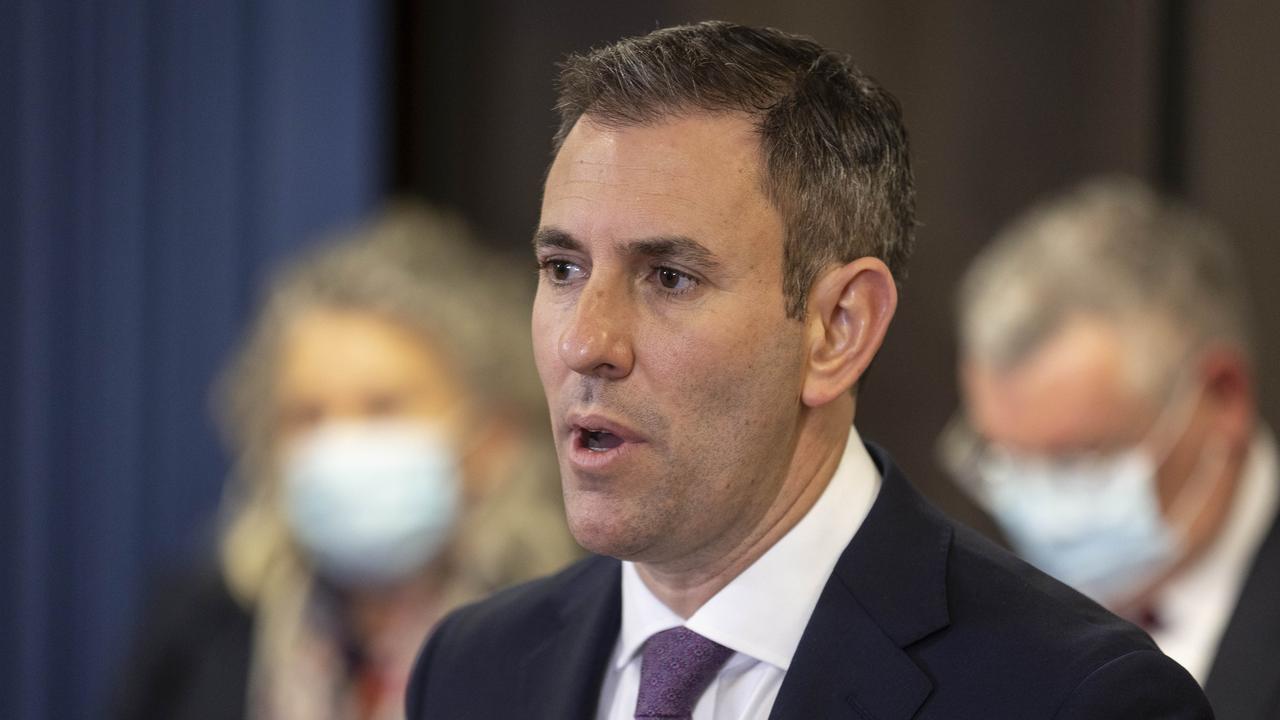
The Prime Minister addressed the nation’s inflation problem after his Government confirmed the first comprehensive review of the Reserve Bank in decades.
Mr Albanese told 3AW radio: “This year will be tough.”
The central bank has indicated it will continue to hike the official interest rate over the coming months in a bid to curb soaring inflation, fuelling higher mortgage rates, while everyday essentials remain unusually expensive.
After lowering the cash rate to a record low emergency level of 0.1 per cent during the pandemic, the RBA finally began to raise rates in May with a 25 basis point increase, followed by two 50 basis point increases bringing the cash rate to 1.35 per cent.
Economists have warned the cash rate could reach 3 per cent before Christmas.
Mr Albanese noted the RBA had conceded its error in saying that interest rates would stay at the extraordinarily low levels they were set to during the Covid-19 pandemic until 2024.
Asked if Australian workers had to accept an effective cut to their pay, the Prime Minister said he was “very committed” to dealing with living standards for Australians.
“I want to see real wages and living standards increase over our first term of government,” he said. “We’ve got to get inflation under control.”
– with Chantelle Francis and NCA NewsWire




